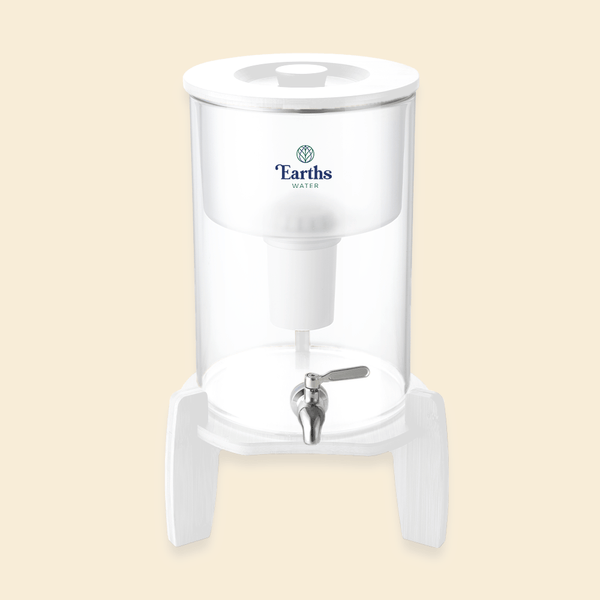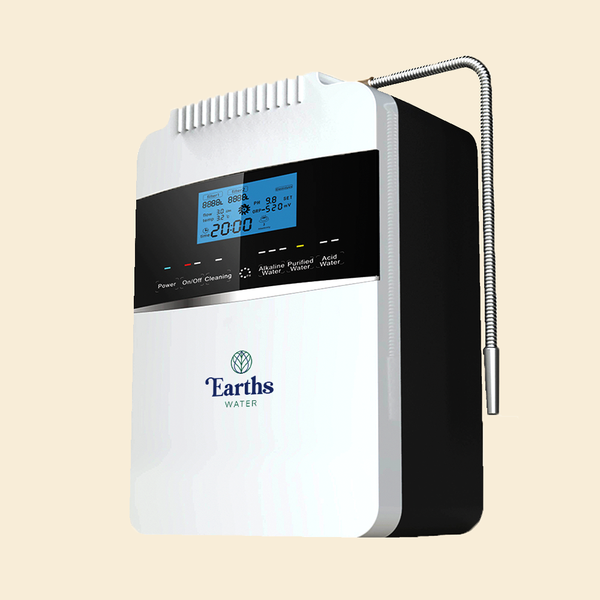
If you’re a parent, you’ve probably researched everything from BPA-free sippy cups to the safest baby toys. But what about the water going into those cups? Whether it’s mixed into formula, sipped through a straw, or poured into a drink bottle before school, water plays a big role in your child’s health. And that raises the question: is your tap water safe for children and good enough for their consumption?
The short answer? It’s not always that simple.
Let’s explore what’s really in tap water, why filtering it might be one of the simplest health upgrades for your family, and how to make it easy for even the fussiest toddler.
Why Kids’ Water Needs Deserve a Second Look
Australian drinking water is held to high safety standards. But “safe” doesn’t always mean perfect, especially for babies and kids, who are more vulnerable to even low levels of certain contaminants.

Here’s what may be present in your household tap water:
-
Chlorine: Used to disinfect water, but can affect taste, dry out sensitive skin, and irritate tiny tummies.
-
Heavy metals: Lead, copper, and others may leach from ageing pipes or old brass fittings—particularly in homes built before the 1990s.
-
Microplastics: These are increasingly found in tap water due to plastic piping and wider environmental pollution. Long-term effects are still being studied.
-
Pesticides and nitrates: More common in rural or agricultural areas, these can pose risks for babies when mixed into formula.
Babies, toddlers, and growing kids are more vulnerable to these substances due to their lower body weight and developing systems. Their kidneys, liver, and immune systems are still developing, which means they process contaminants differently—so even small exposures can have a bigger impact over time.
According to the World Health Organization, water containing nitrates above 100 mg/L isn’t recommended for bottle-fed infants, especially in powdered formula.

Is Tap Water Safe for Babies and Toddlers?
Generally, yes—Australia’s tap water is safe and drinkable. But babies and toddlers aren’t just mini adults.
Boiling water may help kill bacteria, but it doesn’t remove things like chlorine, heavy metals, or microplastics. So if your child’s main drink is water—or formula made with water—filtration offers a gentler, more reliable option.

That’s why many parents are turning to filtered water for kids as a gentler, cleaner option for the whole household.
The Benefits of Filtered Water for Kids
Clean, great-tasting water supports all kinds of things behind the scenes, including:
Boosts Brainpower & Focus
The brain is 75% water, and proper hydration supports cognitive function, concentration, and mood in kids.
Supports Digestion & Immunity
Young guts are sensitive. Fewer contaminants = less strain on their tiny digestive systems.
Reduces Toxin Exposure
Water free from chlorine and residual chemicals can protect children’s developing bodies.
Encourages Healthy Hydration Habits
Water that tastes better means they’re more likely to drink it. It’s one small way to foster a healthy relationship with hydration early on.
Many Aussie families find their children drink more water and fewer sugary alternatives once they switch to filtered water. That’s a hydration win for everyone.

Want help getting them excited about H2O? Check out our blog on teaching kids to love drinking water.
Do You Need a Filter? Here Are Some Signs
Not sure if your home needs a filter? Here are some signs:
-
Your water has a chemical or metallic taste
-
Your child is prone to digestive sensitivity
-
Your home is older and may have ageing pipes
-
You rely on bottled water because of taste or concerns
-
Your family is focused on reducing plastic waste
Even if your water meets legal safety standards, filtration adds a reassuring final step—right before it hits your little one’s cup or bottle.
Choosing Water Filters for Families
When choosing a water filter for your household, here are some helpful things to keep in mind:
Targets the Right Contaminants
Look for filters that reduce chlorine, heavy metals, and microplastics, while keeping healthy minerals like calcium and magnesium intact.
Easy to Use and Maintain
You’ve already got enough on your plate. A good filter should fit seamlessly into your routine: simple to refill and clean, with long-lasting cartridges.
Safe Materials
Choose options made from BPA-free and food-grade materials—especially if you’re mixing formula, prepping bottles, or refilling drink bottles on the go.

Kid-Approved Filters from Earths Water
We’ve made it easy to filter water in a way that fits real life—whether you’re filling a bottle for school or topping up a sippy cup.
Ultra Water Filter Bottle
Great for older kids and teens on the move. This bottle filters water as you sip, reducing nasties and improving taste. Perfect for school bags and weekend sports.
2.4L Water Filter Jug
Compact and fridge-friendly jug. It’s ideal for households where filtered water is needed for everyone, but you’re short on space. Simple to pour, even for little hands.
3.5L Glass Carafe
For families who want a stylish, larger-capacity option, this carafe is your best choice. Sits neatly on the benchtop or fridge shelf, filters chlorine, microplastics, and metals while preserving minerals.

Each product is designed for Australian homes—whether you’re renting, owning, or somewhere in between.
Do Kids Really Need Filtered Water?
In a word? Absolutely. Especially if you want peace of mind about what’s going into their growing bodies.
Filtered water is a simple way to take some of the guesswork out of parenting. It gives your family clean, great-tasting water—free from the extras you’d rather avoid. Because while Australia’s tap water is safe by the book, your kids deserve more than just “safe”. They deserve water that supports their development, tastes great, and helps build healthy habits for life.
And that’s where Earths Water comes in. Explore our range and give your kids the best water to drink.





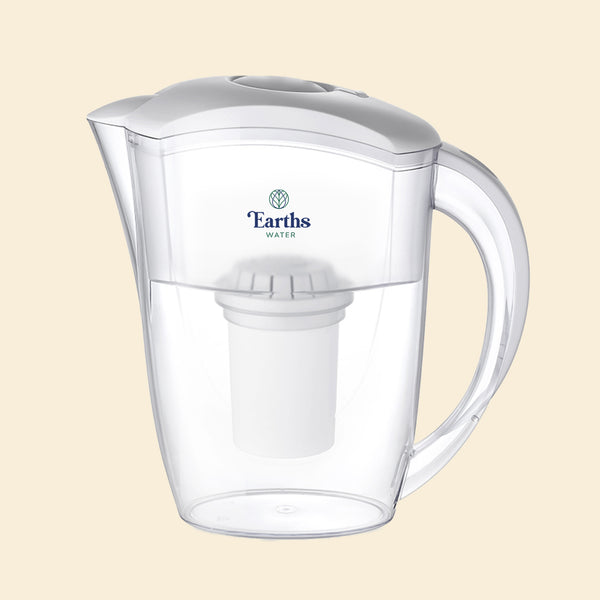
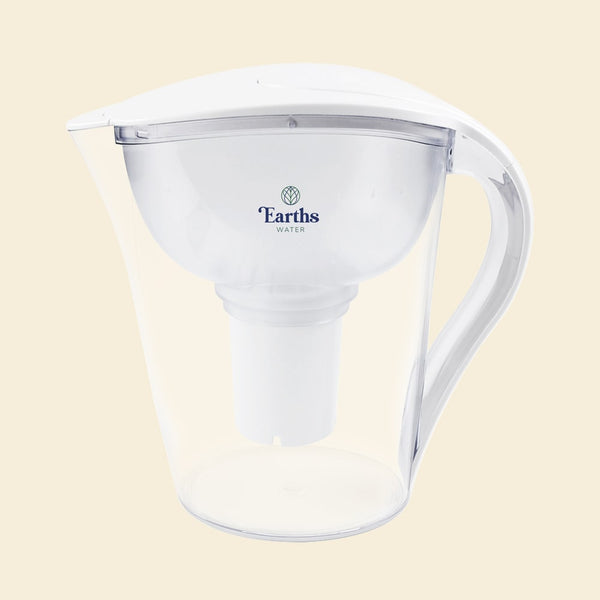
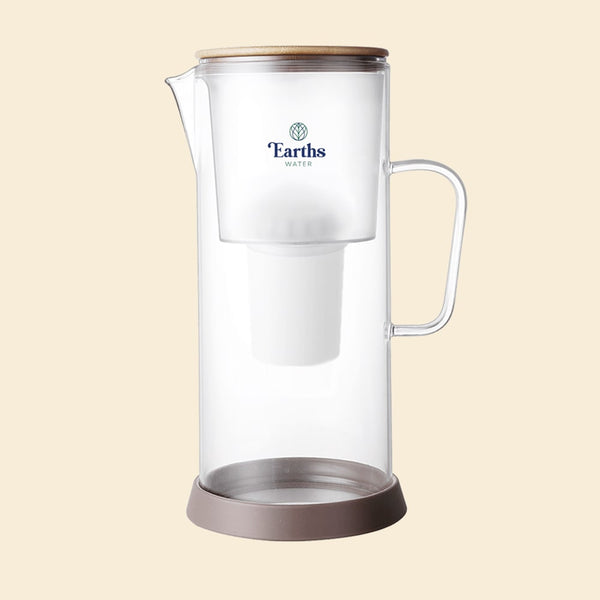
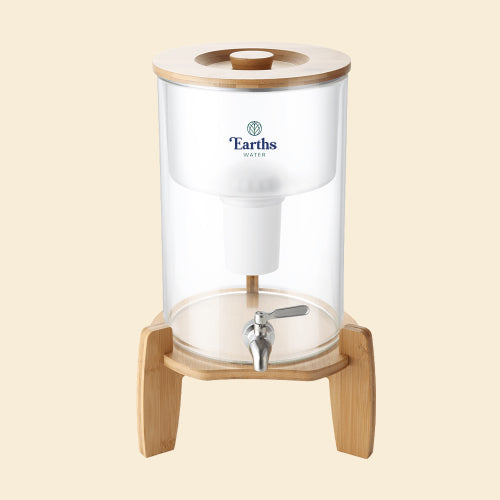
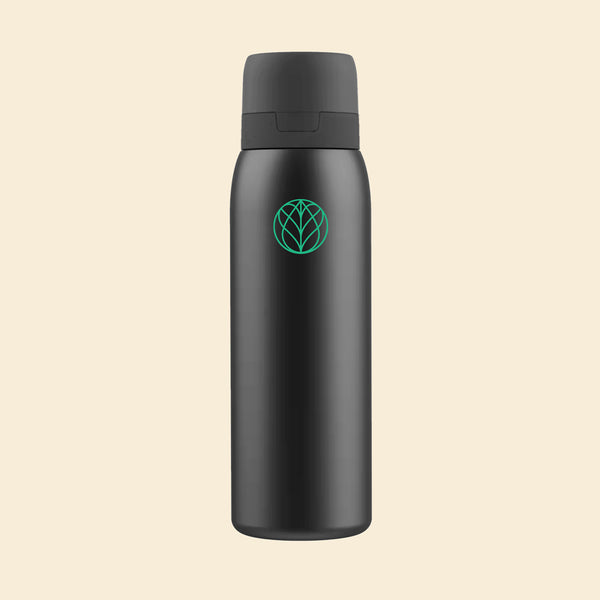
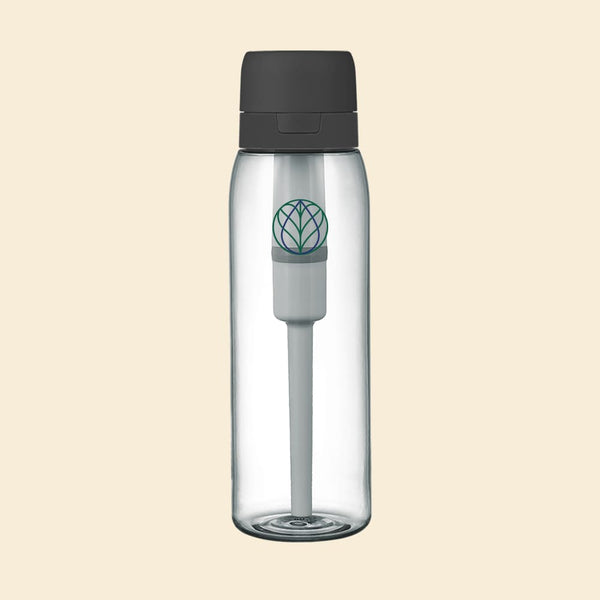
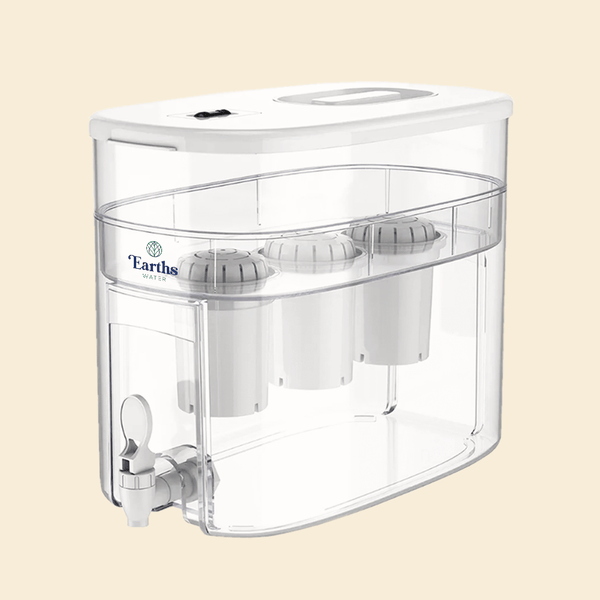
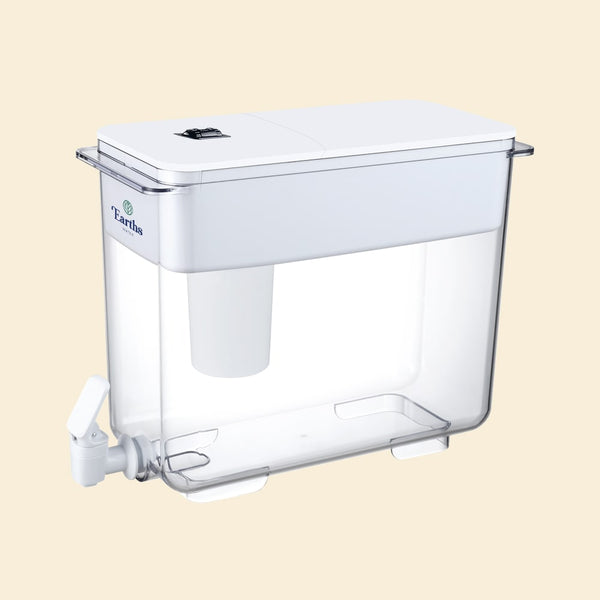
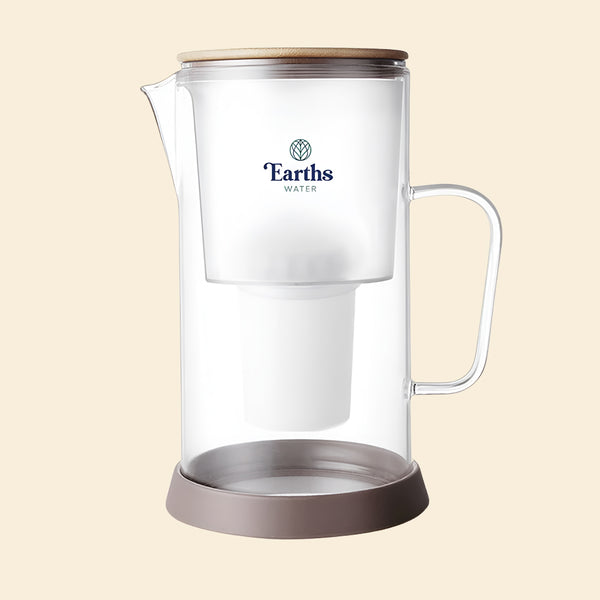
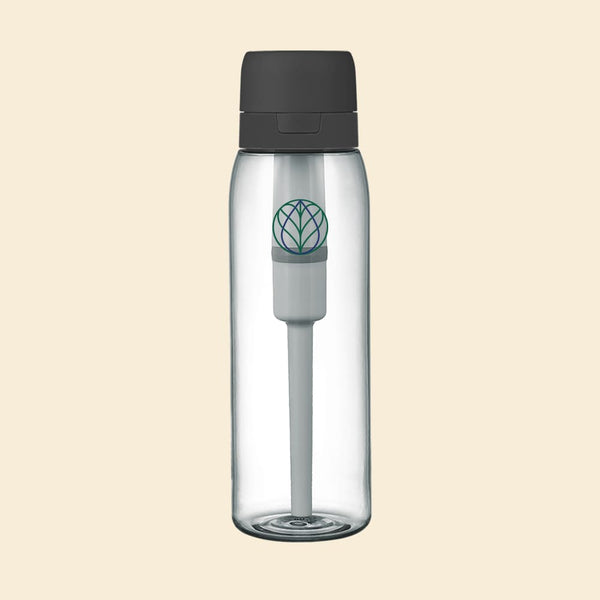
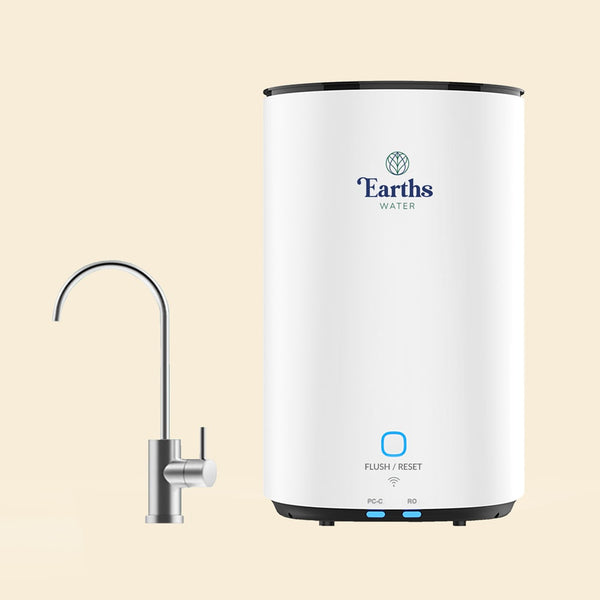
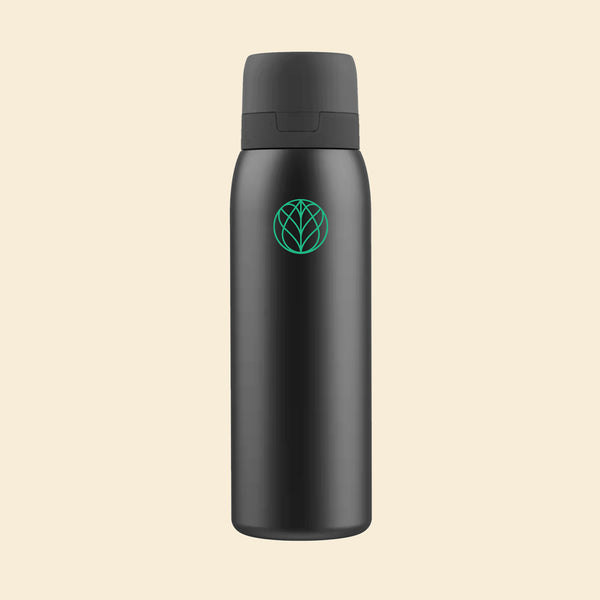
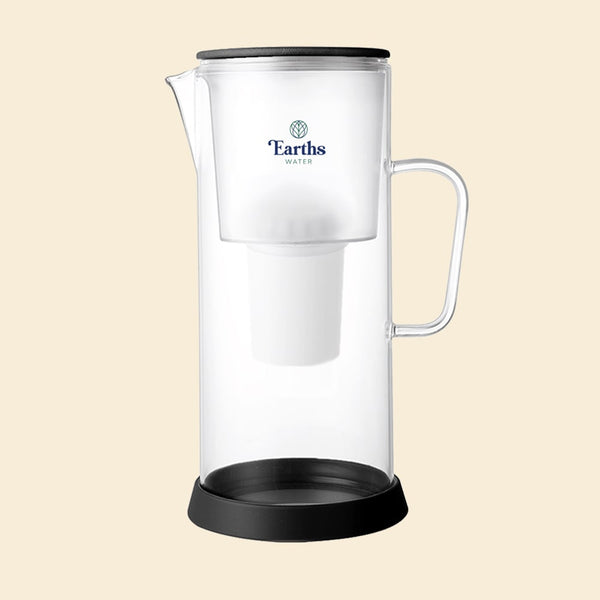
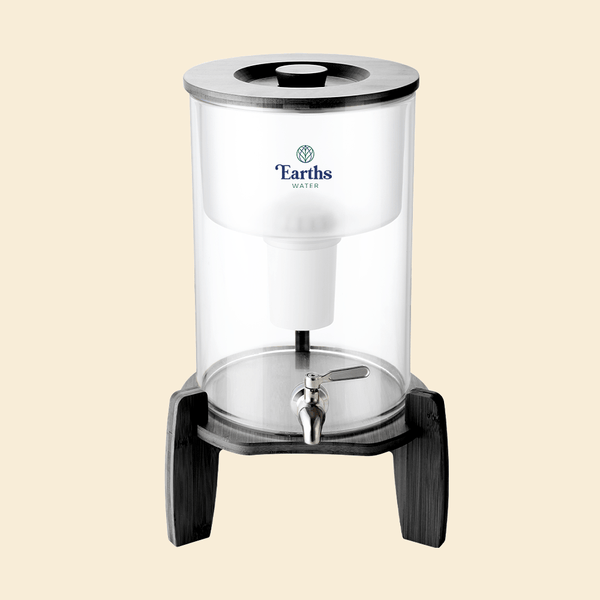
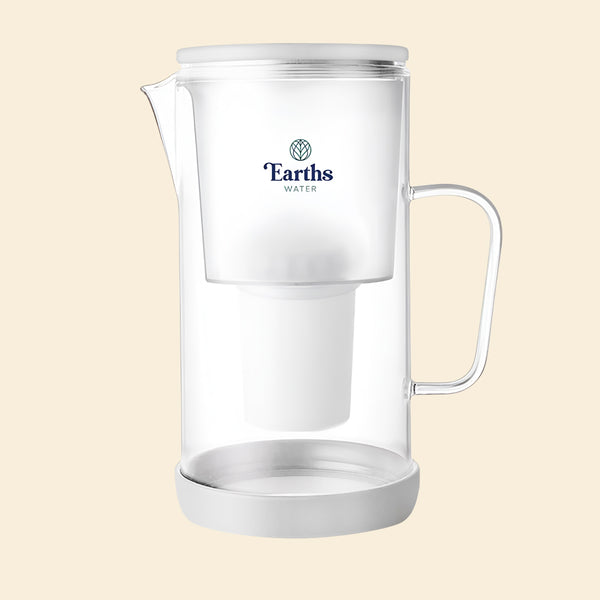
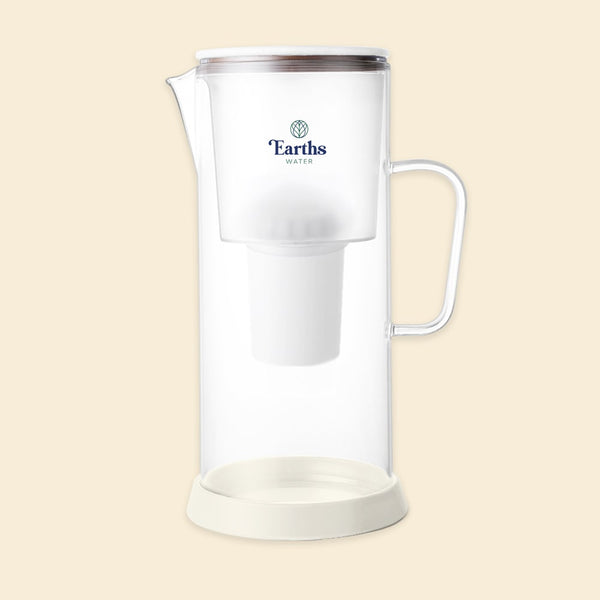
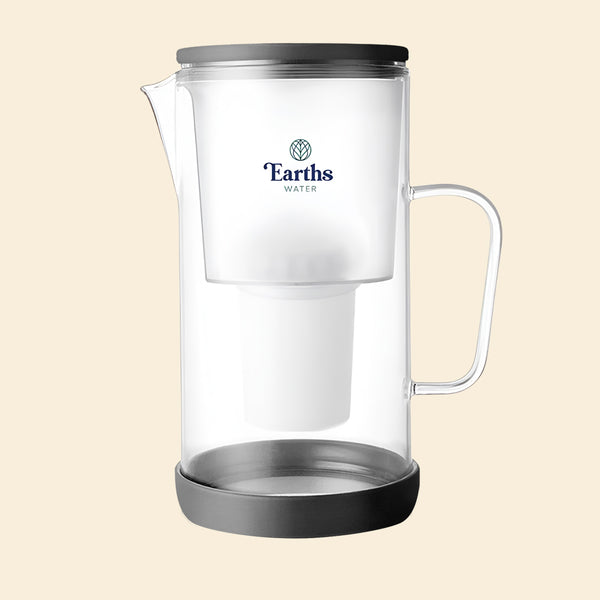
![9L Glass Benchtop Alkaline Water Filter - Eco Acacia [LIMITED EDITION]](http://earthswater.com/cdn/shop/files/ACACIA-BENCHTOP-FRONT-BEIGE_600x600.png?v=1743392740)
